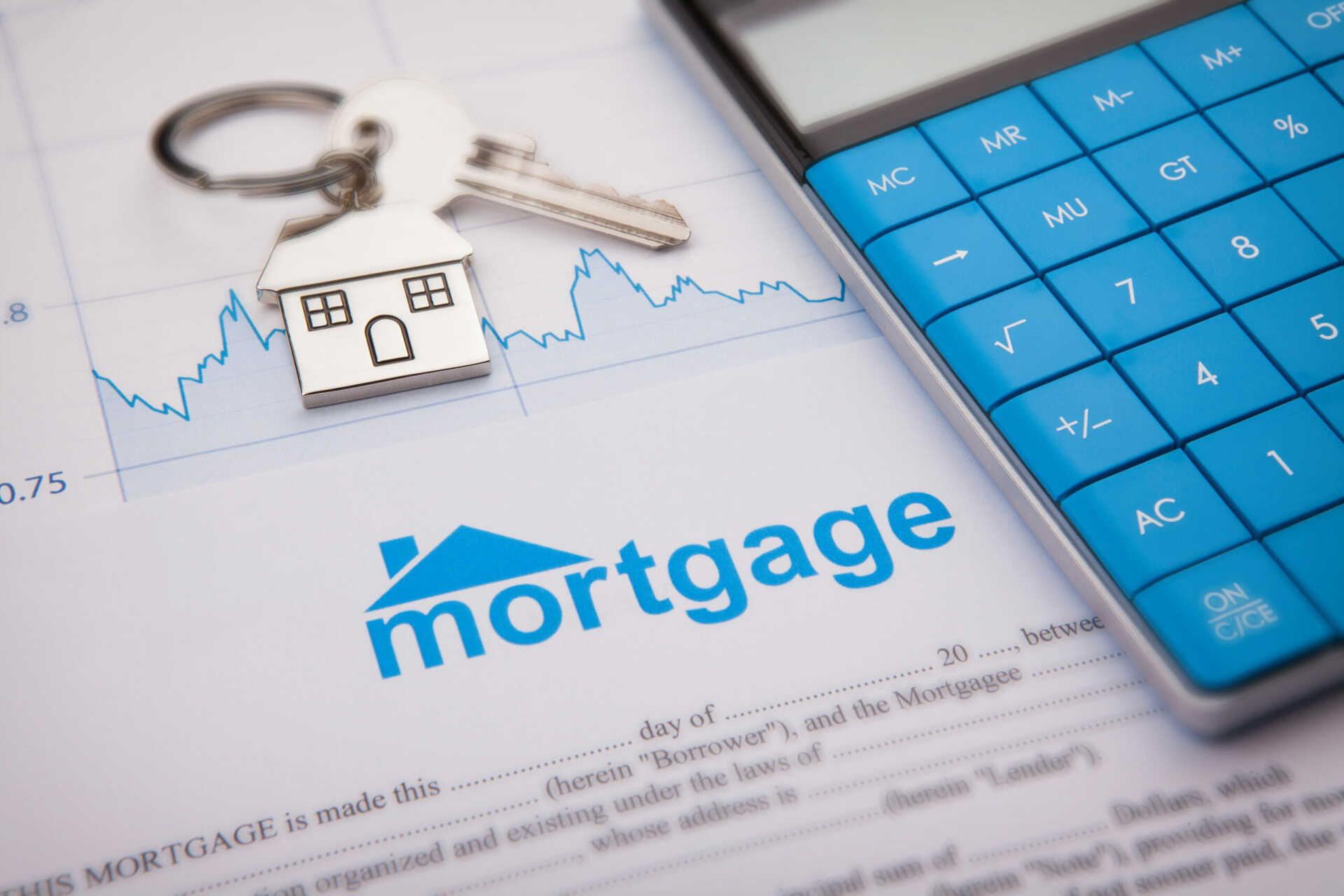Meet John Tallarigo. John is the education content developer and is working on expanding PREC coursework into new states and additional courses for our current states. His interest in property law led him to get his real estate license while studying for the bar exam! John is a graduate of NKU Chase College of Law '16 and earned his undergraduate degree from Northern Kentucky University '11. He loves the Cincinnati Bengals!
What Happens When a Listing Agent Asks for the "Highest and Best" Offer?
For homebuyers in the last decade, we’ve been spending most of our lives living in the seller's paradise. Especially in the last 5 years, sellers have had all the power and the money… the money and the power… Minutes after minutes, hours after hours, sellers have been getting multiple offers like crazy.
Coolio lyrics aside, as a soon-to-be homebuyer, I am a little worried about having to submit an offer and then having the listing agent tell me there are 3 other offers. I want my offer to be accepted the first time! I’ve already spent enough time finding the gold standard loan officer, I have my carefully drafted offer that gives me wiggle room if the seller counteroffers, and I’ve completed my home-buying checklist. And instead of making a counteroffer or rejecting it, the listing agent says “Give me your highest and best offer.”
This article is going to explore what happens when a listing agent asks for your highest and best offer, what that legally means, and your options when your client’s first offer is not enough. It is also important to understand why a listing agent would ask for your highest and best offer so you can understand how to navigate this negotiation.
Motives for Highest and Best Offers
According to Rockethomes.com, there are several reasons a seller may initiate a best and final offer:
The seller wants to sell faster. Instead of having to navigate multiple rounds of negotiations, the seller may only be interested in working with the most interested party. By kicking off the highest and best offer process, the seller is signaling to prospective buyers that they want to skip to the end and get the best offer now.
The seller received too many offers. It has not been uncommon in hot markets for a house to get more than 10 offers on a house. It can be difficult for a listing agent to decide how to otherwise narrow down that many offers. Some may have the most favorable price, while others may have more favorable terms or flexibility. If the seller feels there are more than enough parties to warrant a highest and best offer situation, it will use this technique to weed out non-competitive offers.
The seller wants the best price. A highest and best request is a signal to prospective buyers to make their offer as appealing as possible. This includes escalation clauses or waiving inspections. While a best and final offer may scare away potential buyers, it also has the potential to incite a bidding war between the top parties.
Legally what does it mean?
Legally speaking, the listing agent is telling you to get that weak stuff out of here! Legally speaking? That may not be legally accurate. When a listing agent responds to an initial offer with, “Send your highest and best offer,” they are rejecting your initial offer and asking for a better offer.
They are asking your clients to come to the table with the highest price they’re willing to pay on the most favorable terms to the seller.
Considerations to Win the Highest and Best Offer Contest
The most important thing you can do is gather as much information about the other offers and what is most attractive to the seller.
You will want to know if any of the other offers are cash offers, and if not, what kind of mortgages and down payments are they coming with. FHA? VA? Traditional? In some states, listing agents must provide documented proof of such offers to avoid fraudulent negotiations.
Does the seller need to rent property after closing meaning your buyer clients won’t be able to move in right away? Is the seller looking to close fast?
If the house is your client’s dream home, you should also consider an escalation clause. An escalation clause allows your buyer clients to stay at the top of the list by offering a range of prices and say they will beat the top offer by a specified amount (example: top offer + $5,000).
You can also try the more traditional (and successful) methods including paying closing costs, waiving certain contingencies, forgoing inspections, and “asking to be put in first position” in case their accepted offer doesn’t work out.
In short, you want to cater the offer to the seller’s terms as much as possible.
Then again, with interest rates rising and inflation soaring, maybe your clients are like me and want to get the right house at the right price instead of commanding a bidding war. In either case, you and I are both better prepared for negotiating a Highest and Best Offer demand.
About the Author
Recent Posts
Let's Stay Connected
Follow us on and become part of the PREC community
Never miss a tweet by connecting with us on Twitter
Check our our posts about trends in real estate industry and market







